-
The Bus To St James’s by John Cheever Analysis
I bought The Collected Stories of John Cheever as a salve to heal my Mad Men withdrawals, and this is one of Cheever’s stories that absolutely reminds me of Mad Men. Stephen Bruce is a Don Draper character; his daughter is a Sally Draper type. Matt Weiner has cited Cheever as one source of inspiration for Mad […]
-
How To Write A Tall Story
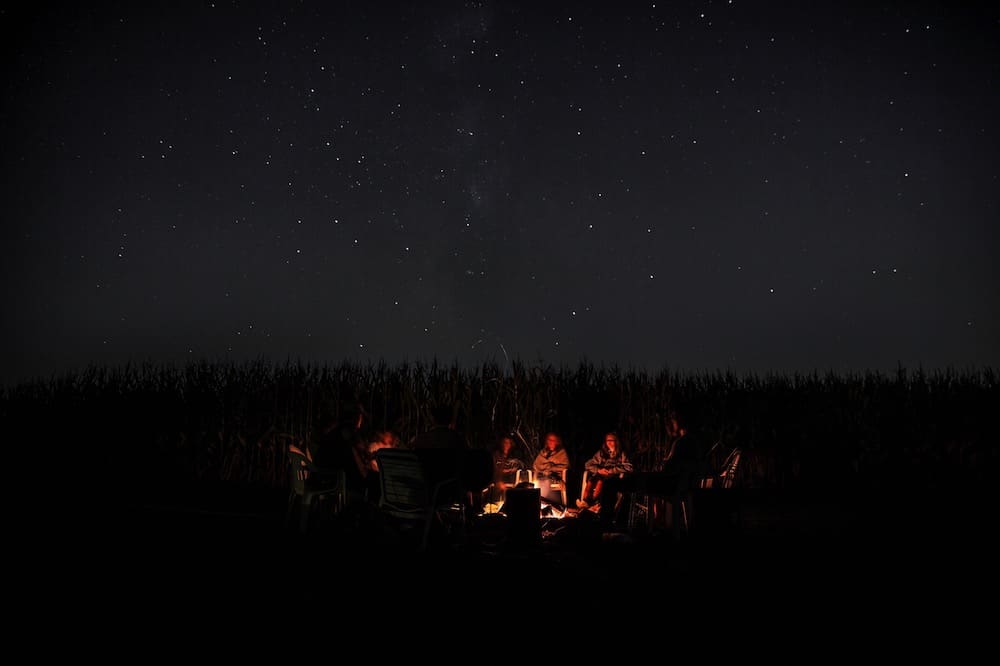
The ‘Tall Tale’ is a legitimate genre of story – not necessarily an insult. Maybe it sounds like one because as kids we were told to stop telling ‘tall tales’, when in fact we just thought we were ’embellishing’ real-life happenings. (If you’ve always been a writer than I expect you might identify with that!) […]
-
Harry and Hopper by Margaret Wild and Freya Blackwood Analysis
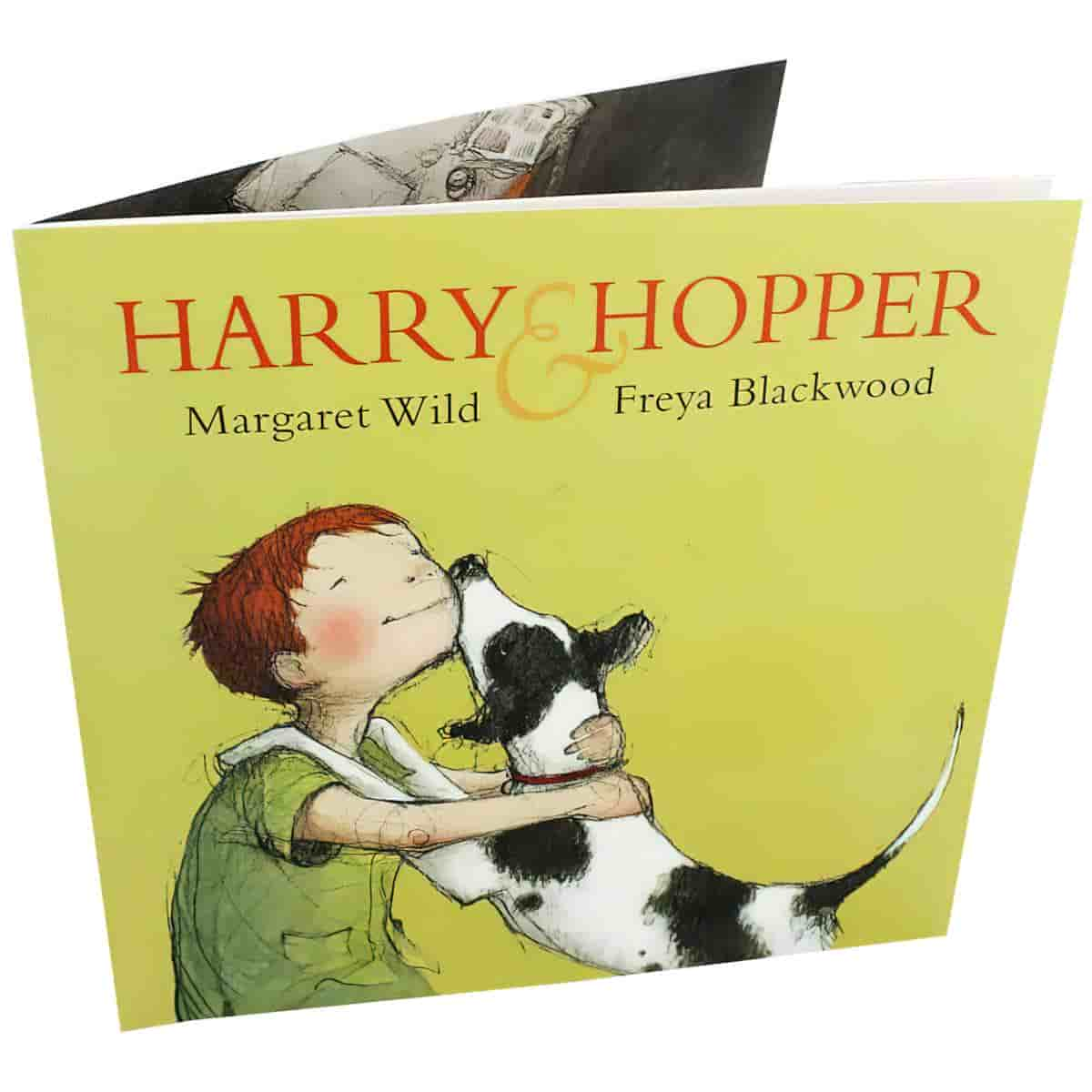
Dogs commonly feature in pet-death stories. Probably because goldfish are bastards. WHAT HAPPENS IN THE STORY A boy’s best dog friend dies while he is at school. Harry comes to terms with Hopper’s absence gradually, first by trying to distract himself and not think about Hopper at all, then by imagining his reappearance, and finally by imagining […]
-
The Housebreaker of Shady Hill by John Cheever Analysis
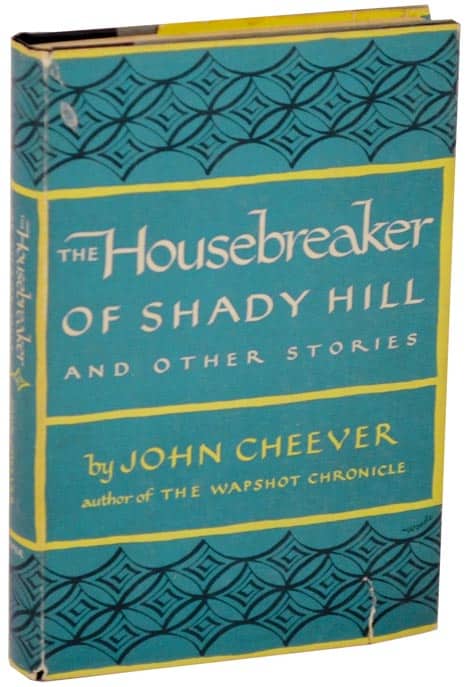
Is “The Housebreaker of Shady Hill” ultimately a story about fernweh? The main character wants to be somewhere else, for sure, and wants to be someone else. Ultimately he finds peace by ditching his temporary persona as a thief and returning to his honest, family-man status. You get a strange feeling like when you leave […]
-
Just One More Time by John Cheever Analysis
WHAT HAPPENS IN THE STORY From the New Yorker synopsis: The Beers were shoestring aristocrats of the upper East Side. They were elegant and charming but had lost their money. Alfreda took a number of jobs in the thirties & forties to help their finances. They did some unsavory things but managed to get by […]
-
School In Children’s Literature
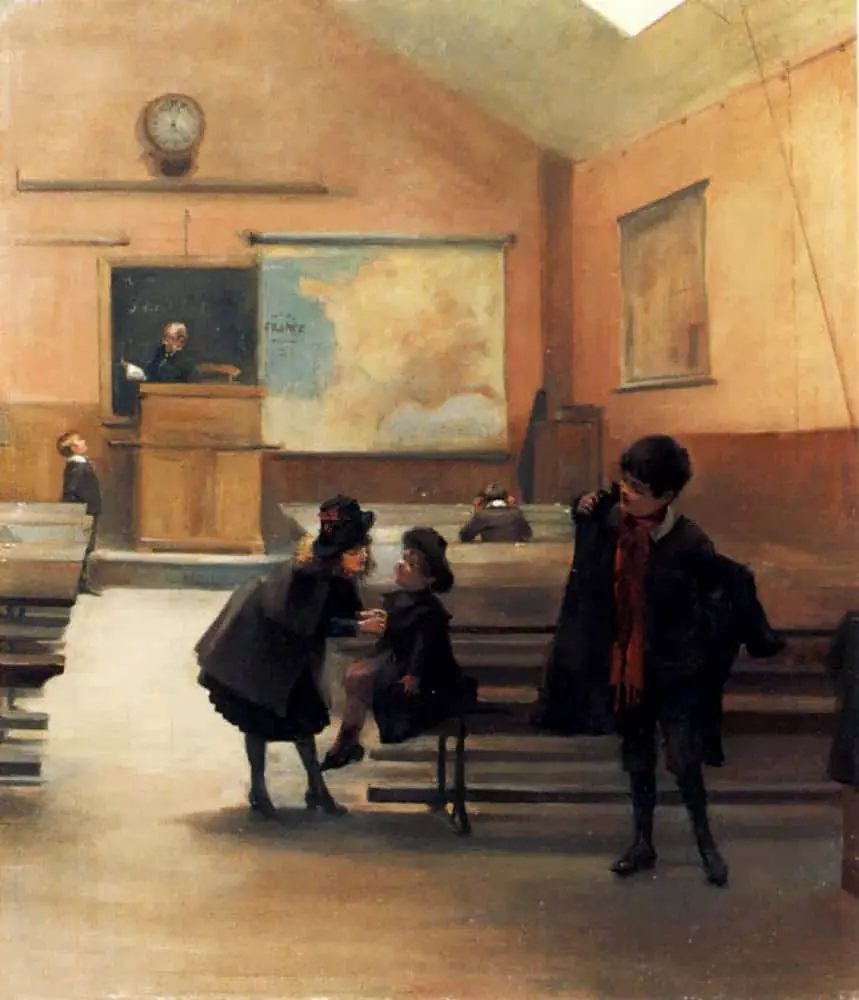
SCHOOL AS THE WILD WEST School itself must be so different these days than it was when you were in school. Certainly, having kids helps, but is that ever an issue for you when you’re writing? I was reading about this phenomenon in television and film writing, which is that the references to school are […]
-
The Golden Ages of Children’s Literature
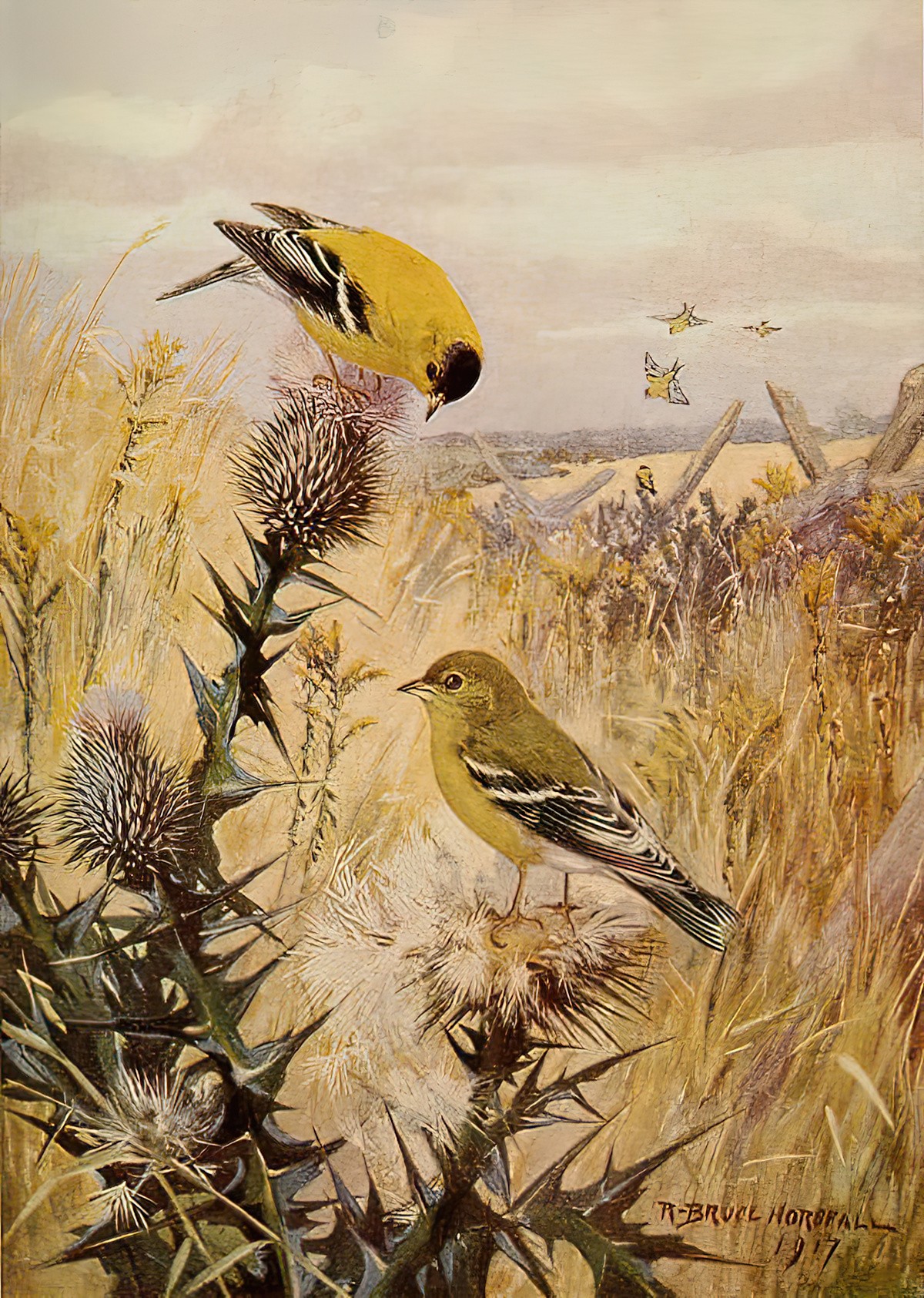
We are now in what’s known as The Third Golden Age of Children’s Literature. Naturally the First and Second Golden Ages came before.
-
It’s The Bear! by Jez Alborough Analysis
It’s The Bear! by Jez Albrough is one of our daughter’s favourite picture books. She loved it when she was three, and still loves it even though she is now seven. It’s The Bear! is the second of Jez Alborough’s three hugely successful bear books from the 1990s. Published in 1996, It’s The Bear came […]
-
Winnie The Pooh Novel Study
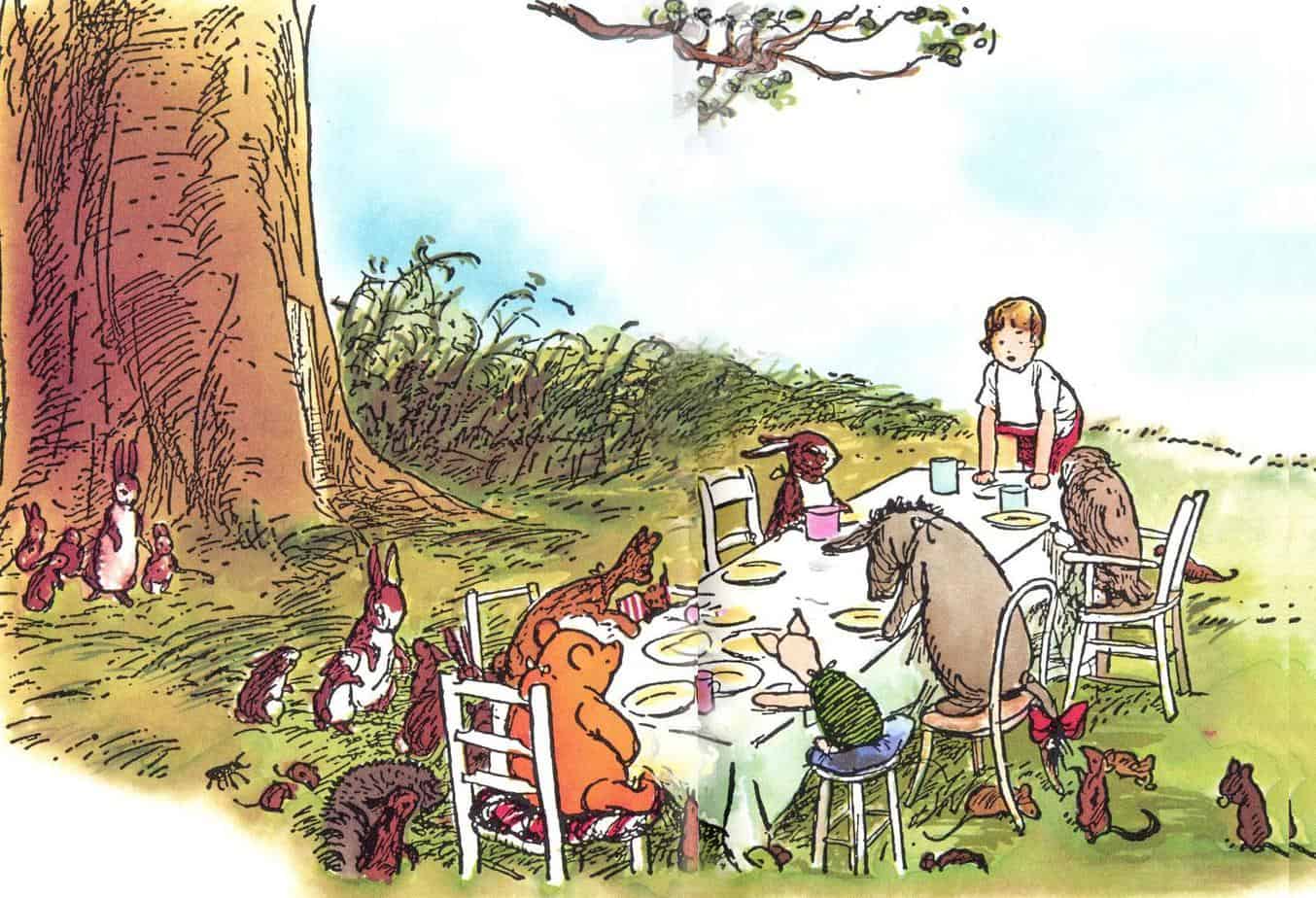
Winnie the Pooh is basically a modern version of an archetypal legend: The story of a peaceful animal kingdom ruled by a single benevolent human being. Like Adam, Christopher Robin gives names to his objects. The Pooh stories came at the very end of the First Golden Age Of Children’s Literature, as described by Peter […]
-
The Plot Points Of Every Single Fairytale
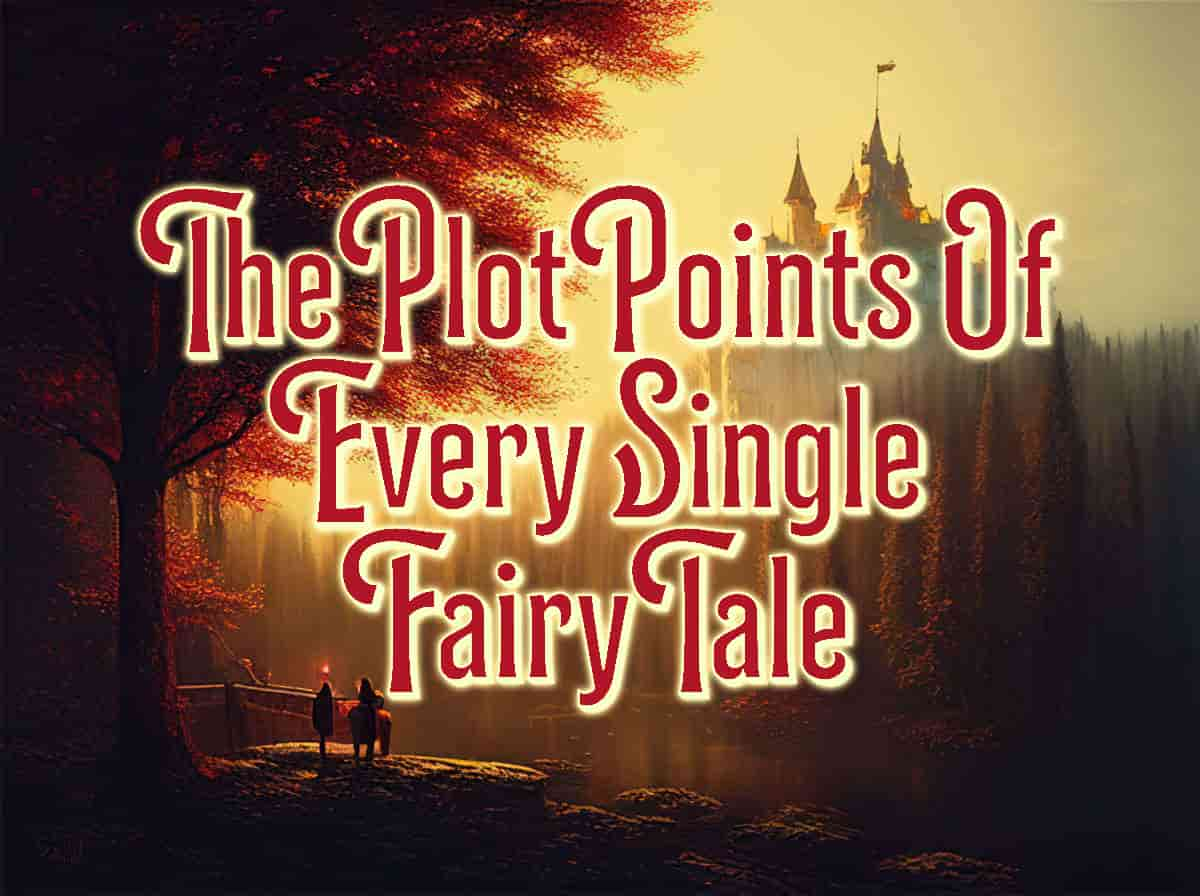
Not every fairytale includes every plot point as listed below, but when they do, they appear in order.
-
The Disgusting Sandwich by Gareth Edwards and Hannah Shaw Analysis
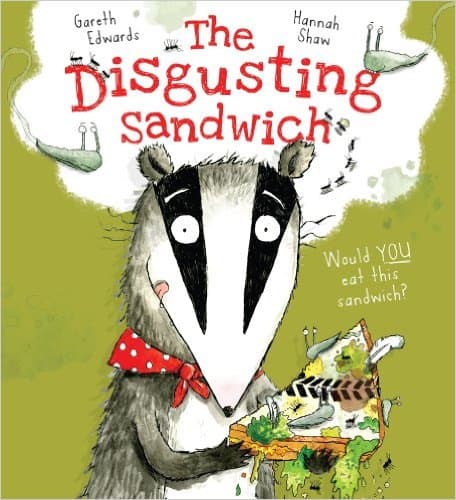
My 7-year-old kid expressed disgust at The Disgusting Sandwich and said she didn’t want to read it again, but she brought it to me again a few days later. This time, she knew what to expect, and managed to enjoy it. Most kids I know love to be grossed out. There’s a narrow window in childhood in […]
-
Fairytale Archetypes
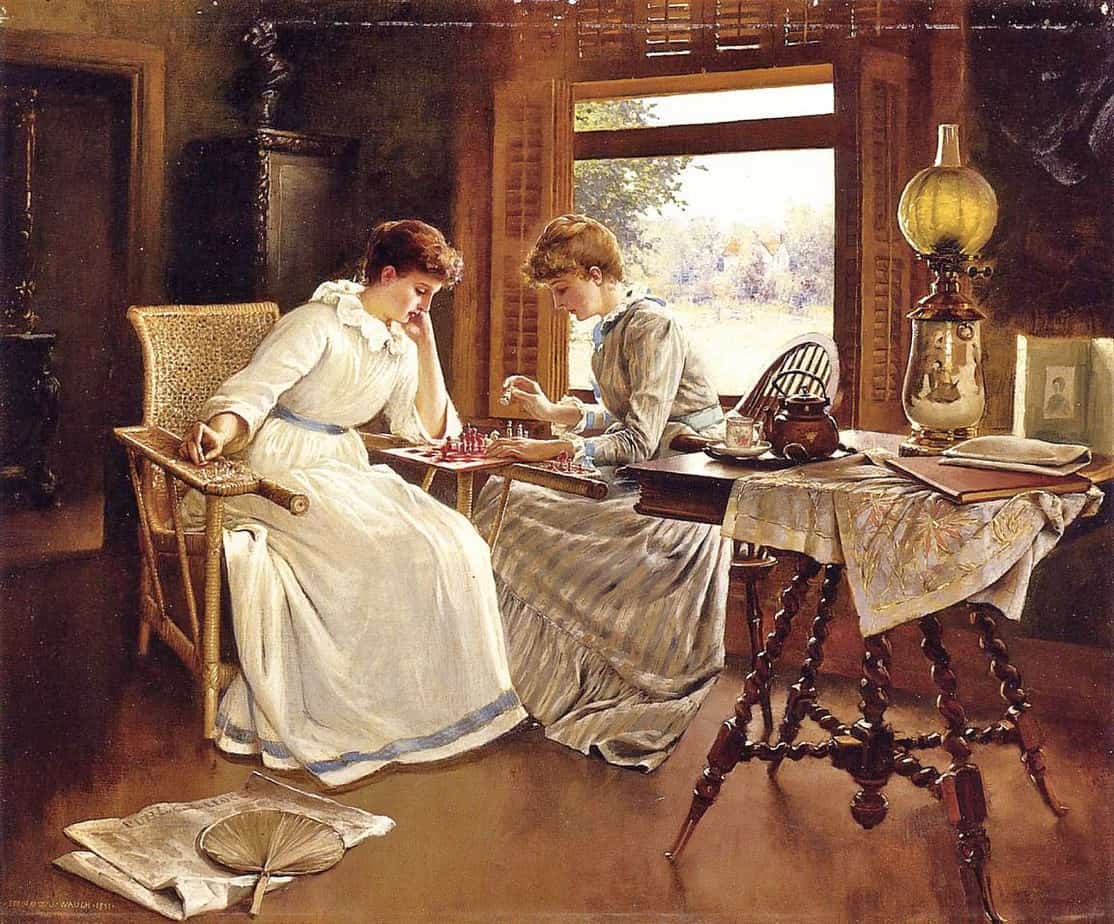
Marina Warner has a great way of thinking about fairytale archetypes: Imagine them as pieces on a chessboard. We know all we need to know about them just from their appearance. Moreover, their position on the board limits the number of possible moves they’re able to make. If you’ve ever seen Tarot cards, the archetypes […]
-
The Sorrows Of Gin by John Cheever Analysis
by Gerhard Glück drunk santa
-
Foreshadowing, Side-shadowing & Back-shadowing
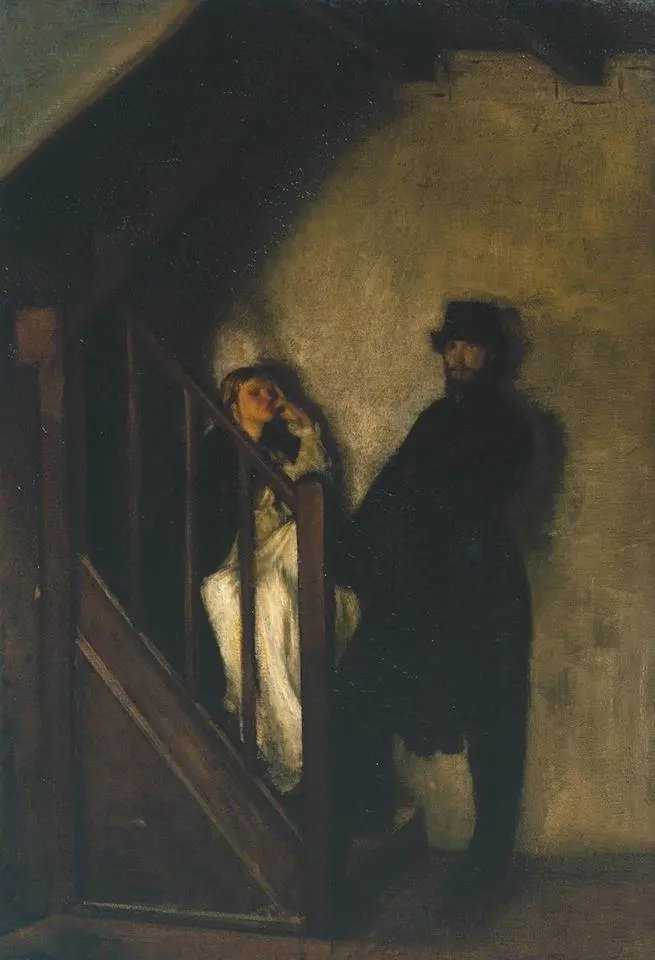
You’ve probably heard of foreshadowing, but have you heard of back-shadowing and side-shadowing? These techniques have nothing to do with each other, other than that they all describe literary techniques and they all include ‘shadowing’ in the term.
-
Where The Wild Things Are by Maurice Sendak Analysis
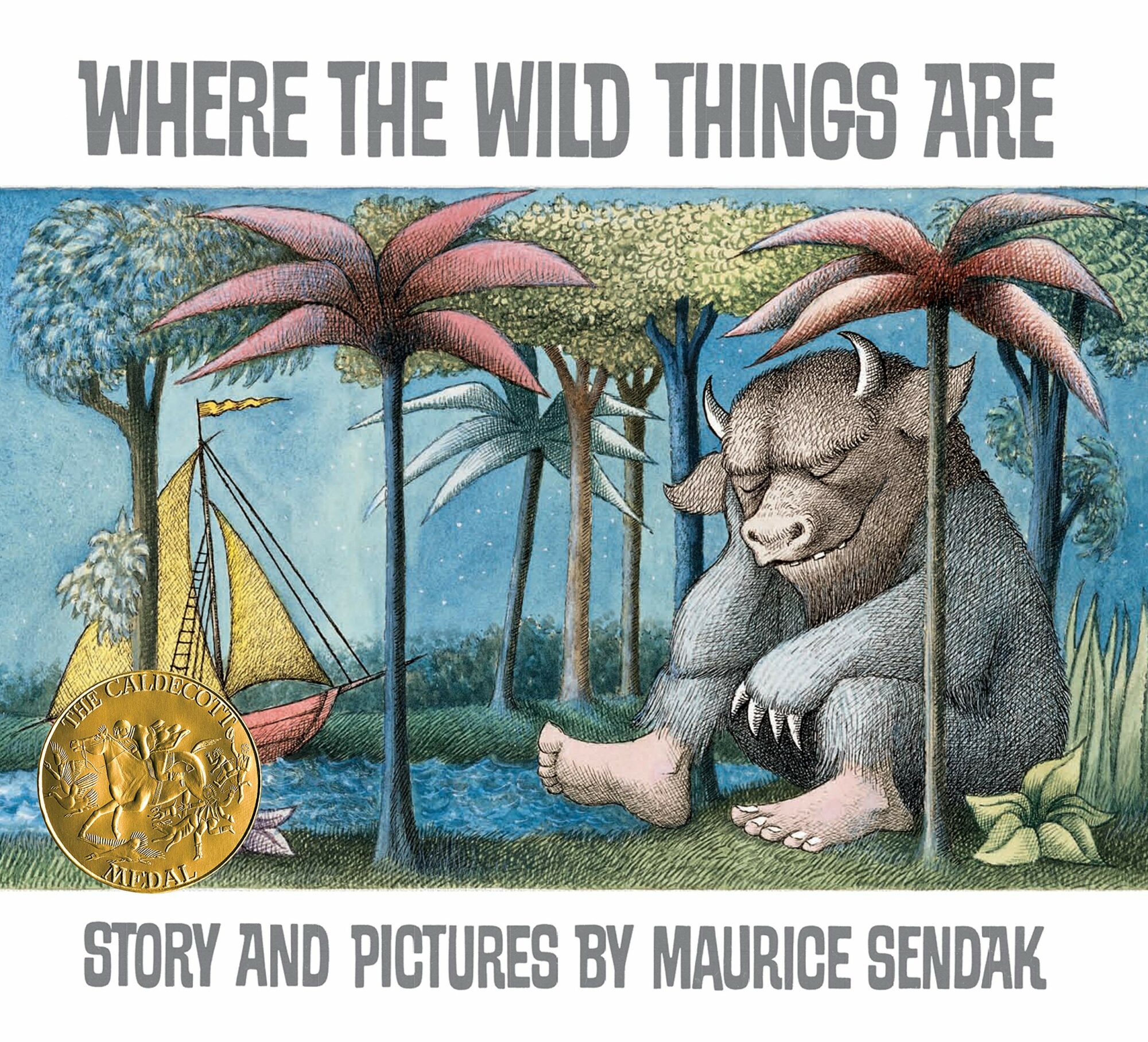
“Where The Wild Things Are” by Maurice Sendak is the picture book that changed picture books forever. The picture book began to be understood, after Maurice Sendak, as something extraordinary – a fusion of images and limited vocabulary which authors such as Julia Donaldson, Lauren Child, Alan and Janet Ahlberg, Emily Gravett and more have turned […]